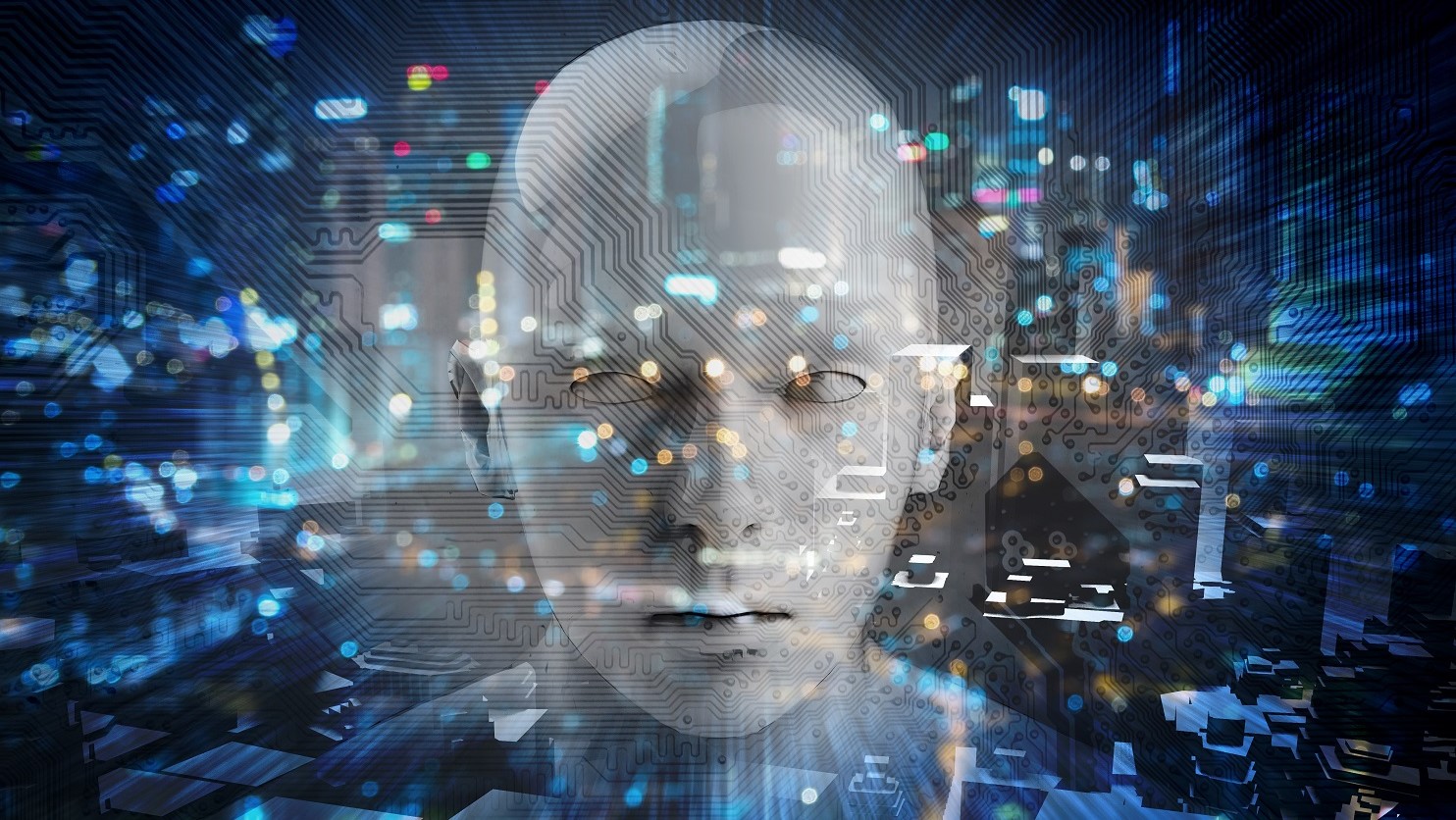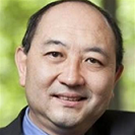As 2017 draws to a close, it’s natural to look back and see how far we’ve come. It’s been a year of tremendous change and upheaval, as the mantra ‘disrupt or be disrupted’ continues to prove its relevance.
From driverless cars and autonomous drones to artificial intelligence (AI), smart home systems and a mission to put men on Mars, our world is being rapidly reshaped to increasingly resemble a science-fiction movie.
In February this year, I visited the Tesla car factory and saw autonomous vehicles being built by the two biggest robots in the world, Cyclops and Thunderbird. In the months since then, several Australian states have established off-road trials of driverless vehicles, with Melbourne the first city to begin testing autonomous cars in a live traffic environment.
The success of autonomous vehicles requires the effective integration of a number of technologies, including AI, geospatial and image recognition technology, data analytics, cloud computing and the Internet of Things (IoT), along with societal and regulatory changes.
As these technologies continue to evolve, the performance and reliability of driverless vehicles will further improve. And while we’re still a few years away from wholesale adoption of driverless cars on Australian roads, there is already broad acceptance that this technology will eventually replace traditional vehicles.
If implemented appropriately, this shift is expected to deliver significant benefits by eliminating the 90+ per cent of traffic accidents caused by human error while enabling greater mobility for the elderly and others who are unable to drive themselves.
Other disruptions are evident in the retail sector, with the launch last week of Amazon’s Australian operation and moves by some retailers to begin exploring the potential for drone delivery services. Watch this space.
Digital currencies have also gained prominence this year, with the most established player, Bitcoin, enjoying exponential growth and breaking through the US$14,000 barrier just last week. At the same time, newer entrants like Ethereum, Dash, Litecoin and Monero are establishing themselves as legitimate alternatives through their ability to offer greater flexibility and functionality.
Expect to hear much more about cryptocurrencies during 2018 as major vendors leverage their capabilities to build smart appliances and intelligent homes. Imagine refrigerators and washing machines that can automatically order and pay for supplies like groceries or laundry powder when they become depleted.
This is just the tip of the iceberg when it comes to smart homes, with virtual assistants like Alexa, Siri and Cortana demonstrating new and more sophisticated capabilities in managing entertainment, home security and a range of other emerging functions.
When I participated in the International Joint Conference on Artificial Intelligence in Melbourne in August, I heard experts from around the world talking about cutting-edge research into AI applications in fintech, healthcare, transport, education and more, many of which have the potential to revolutionise life as we know it.
There was also extensive discussion around the societal and ethical issues surrounding AI and the kinds of boundaries or constraints that should be imposed on AI systems to ensure that the rights and needs of humans continue to be protected.
I am travelling to Geneva this week to speak on Cybersecurity and Shaping the Digital Future at the Internet Governance Forum (IGF) with IFIP IP3, the professionalism arm of the International Federation for Information Processing (IFIP).
We will discuss the role of governance and trust in driving performance and security in the digital eco-system, which is essential for the digital economy to achieve its full potential.
I will also highlight the IFIP Duty of Care for Everything Digital (iDOCED) initiative. This is designed to encourage both suppliers and users of digital products to act responsibly in relation to the digital world in order to build trust and confidence in the technology which increasingly drives our world.
As we look forward to 2018, I believe we will see even greater acceleration of developments and increasing convergence across all technologies, enabling new and perhaps unexpected applications to emerge.
These are exciting times, especially for those of us who work in the ICT sector, with unprecedented opportunities to use technology to solve global problems and enhance our quality of life.
My term as ACS President ends this month and I welcome President-elect, Yohan Ramasundara, into the role from January. I will continue to support ACS and Australia in implementing our new strategy and achieving our dream of digitally-driven prosperity.
Best wishes for the festive season and the New Year.










